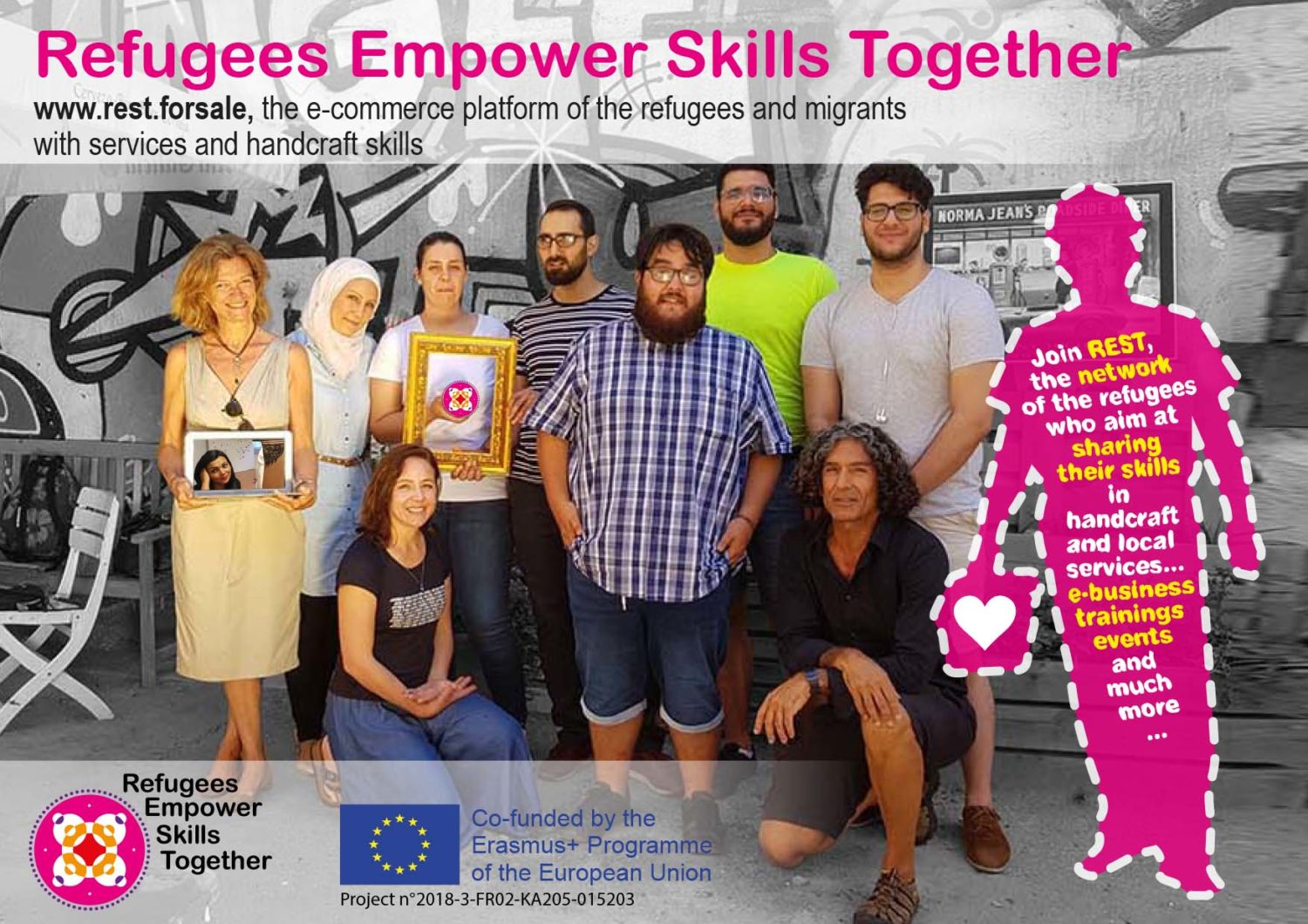The word “UBUNTU” is a combination of two words: “Ntu”, which means person and “Ubu”, which means becoming. The project consists of a non-formal education program marked by experiential and relational dimension: “I am because you are; I can only be a person through other people” (Ubuntu concept). It is also inspired by world reference models of servants leaders (such as Mandela or Luther King) as well as local community leaders. The program methodology is structured in five pillars:
- Self-Knowledge – https://www.youtube.com/watch?v=6CZImFhiwHU&feature=youtu.be&autoplay=1
- Self-Confidence – https://www.youtube.com/embed/GgaGaAsNjYA?autoplay=1
- Resilience – https://www.youtube.com/embed/0vEylToYxhw?autoplay=1
- Empathy – https://www.youtube.com/embed/R5dhMpBpras?autoplay=1
- Service – https://www.youtube.com/embed/EG6jwUThxfA?autoplay=1
The Ubuntu method leads to the core development of five main competencies, basic to human development: becoming a person. The first stage focuses on personal skills [Self-knowledge, Self-confidence and Resilience] and, the second stage enhances social and relational skills [Empathy and Service ]. The objective is to increase self-confidence, personal and professional achievement, self-esteem and self-knowledge.
One of the outputs of this project is a book called “Building bridges UBUNTU – Servant Leadership” which can be downloaded at https://www.academialideresubuntu.org/en/
This is an initiative of the IPAV – Instituto Padre António Vieira – one of the founders and promoters of the Plataforma de Apoio aos Refugiados and has been working in the front , namely in Greece, in the scope of the programme PAR Linha da Frente@Grécia, and in the PAR Famílias, in Portugal (welcoming families of refugees).
